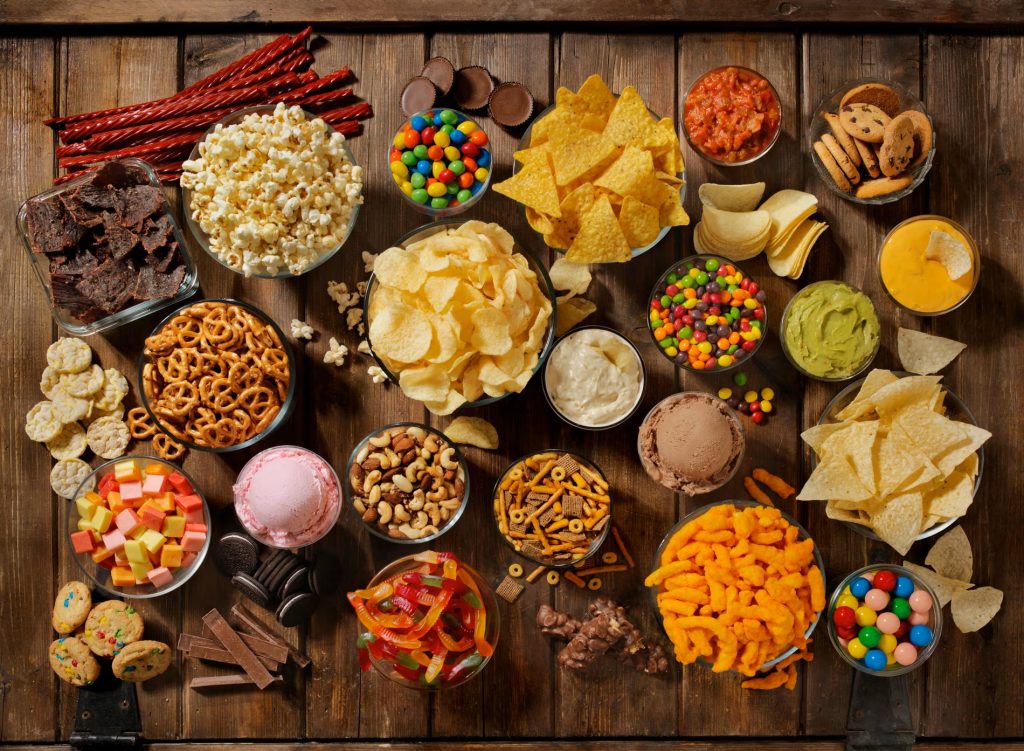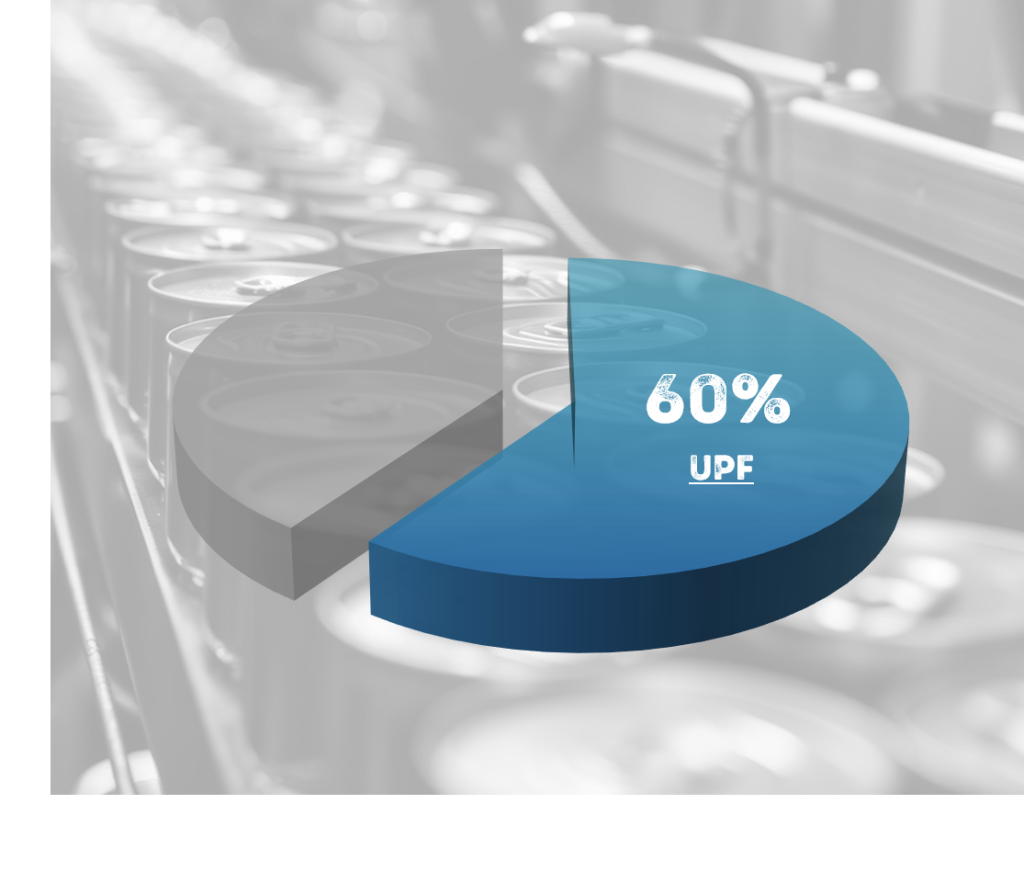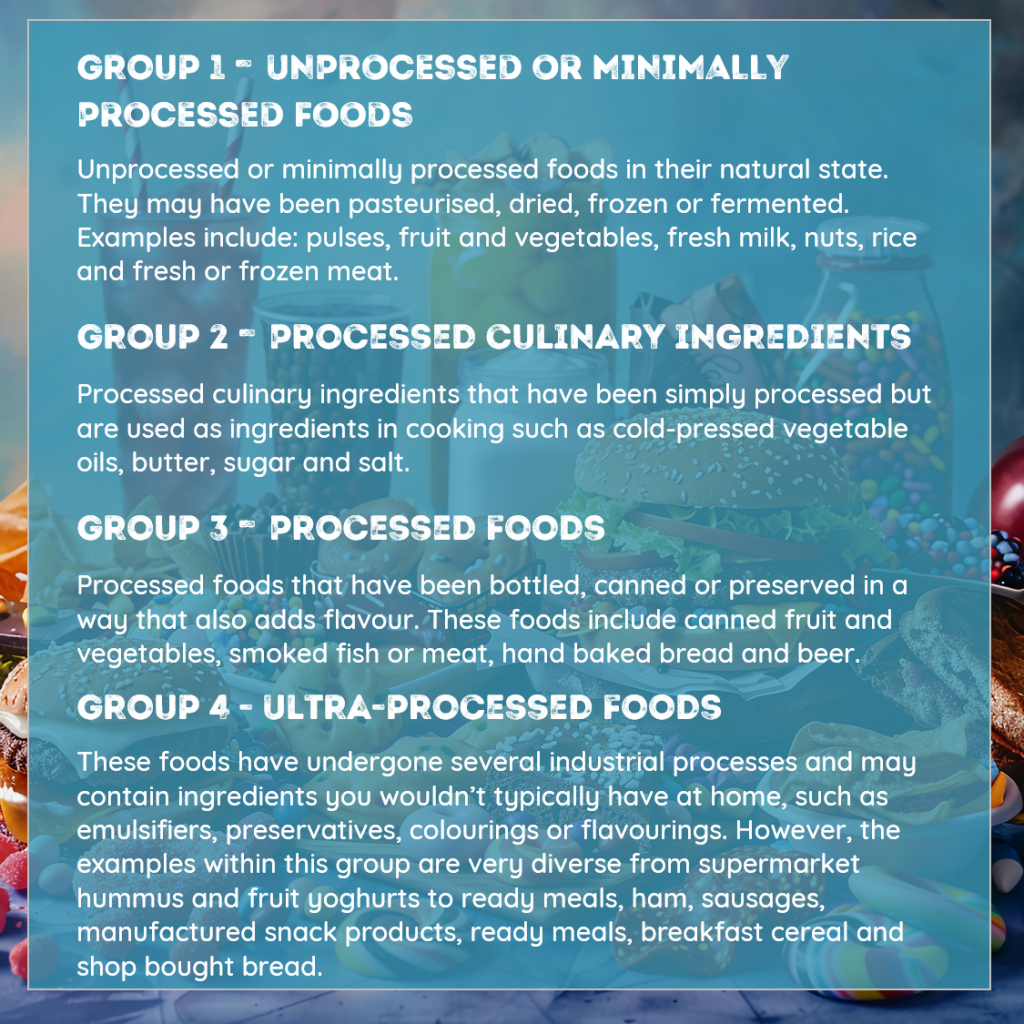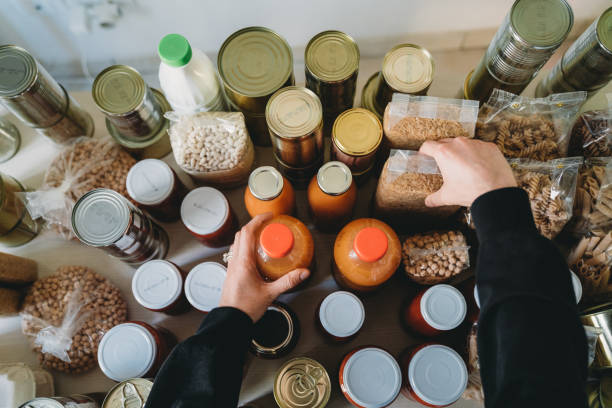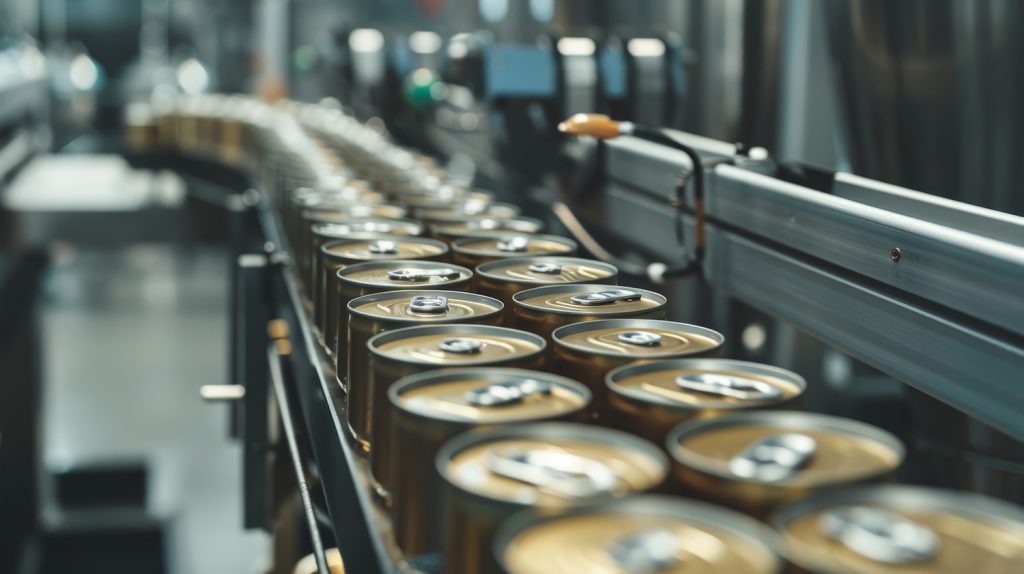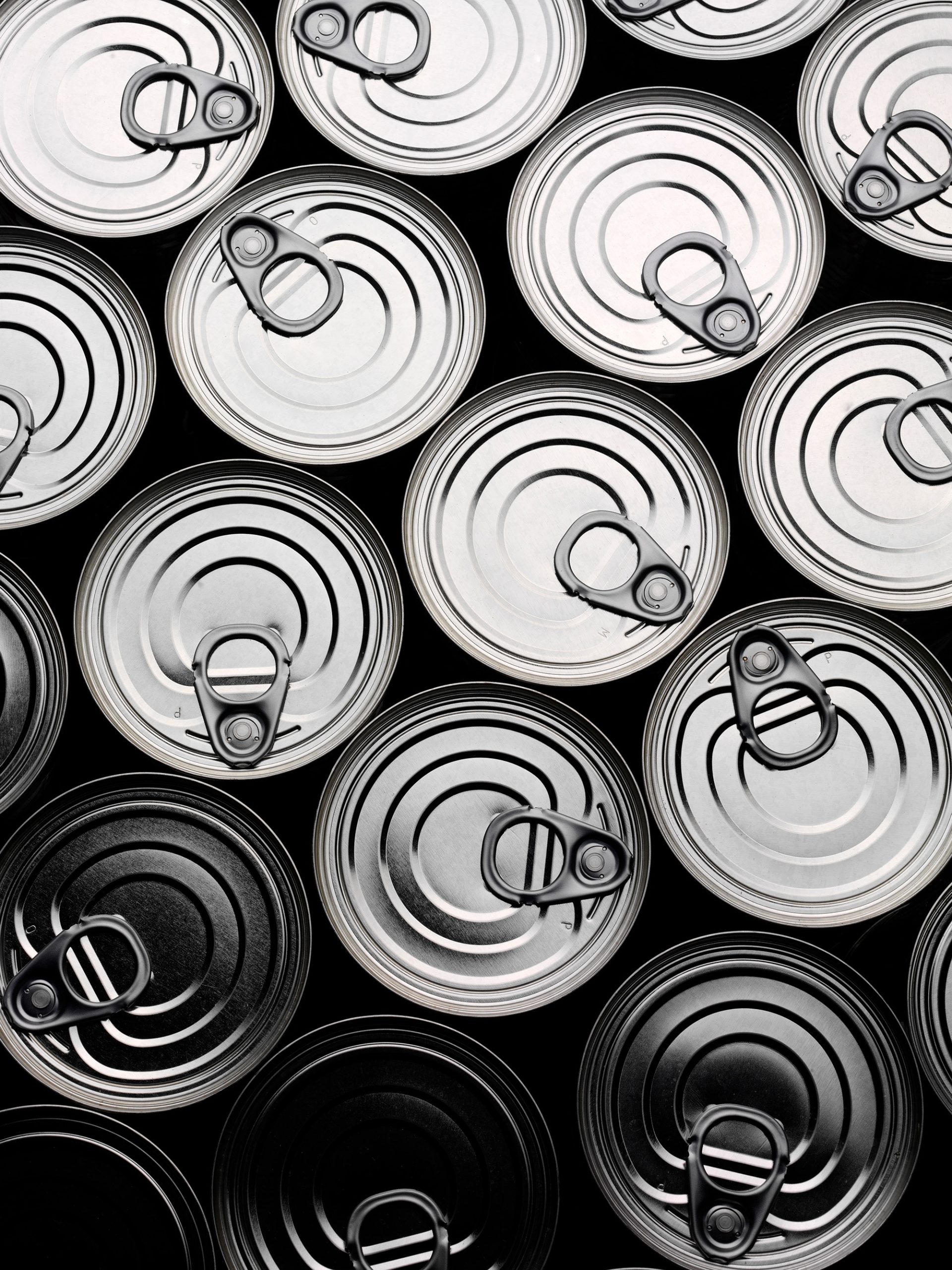
60 second summary:
- Ultra-processed foods (UPFs) have been in the headlines because they make up 60% of our diet and are linked to diseases like type 2 diabetes, heart disease and even cancer
- UPFs are classed as foods that have been through lots of manufacturing processes and contain ingredients you typically wouldn’t have in your kitchen
- They are often high in calories, fat, saturates, salt and sugar, they are easy to eat in large quantities, they don’t fill us up and so they can easily lead to weight gain
- But science can’t yet tell us if the processing and additives are bad for us on top of the poor nutritional value
- Try to base your diet on whole, minimally processed foods like fruit, vegetables, grains, pulses, meat, fish and nuts, cooking from scratch as much as you can
- But don’t worry if you want to eat some processed foods from time to time, especially if they are still nutritious like wholegrain bread
Introduction
You might think that your diet is rich in unprocessed whole foods because you don’t eat ready meals and rarely buy biscuits, crisps and pizzas. But did you know that the oat milk on your cereal, the tortilla of your chicken salad wrap and the pot of supermarket hummus in your fridge are all classed as ultra-processed foods or UPFs?
60% of our diet is thought to consist of UPFs and they have been linked to overweight and obesity as well as diseases like type 2 diabetes, cancer and heart disease.
Let’s look at the facts behind the headlines…
What is a UPF?
You’ll hear many definitions in the press telling you that a UPF has more than 5 ingredients, is in plastic packaging, bears health claims on pack or contains ingredients you don’t have at home. But the official definition is known as the Nova system. It groups foods into four categories, according to how processed they are.

What does the science say?
A study provided participants with nutritionally matched diets of UPFs versus unprocessed foods and showed that those on the UPF diet ate 500kcal more a day than those on the unprocessed diet.
Why are UPFs so easy to eat in excess? There are a number of theories:
- They are often soft and easy to chew and therefore eat quickly, unlike fresh fruit and veg and other high fibre foods that require a lot of chewing so slowing down the speed at which we ear.
- They are very tasty as they are often high in fat, salt and sugar so we want to eat more of them.
- They are often calorie dense and low volume compared with unprocessed foods that can be bulky, high in fibre and protein but often less calorific gram for gram.
How do UPFs have negative health effects?
UPFs are often high in salt, saturates, fat and sugar and we know these nutrients, when eaten in excess, can affect our health.
But are there effects of UPFs in addition to their, often less healthy, nutritional profile? It is not very clear but some studies suggests that some artificial sweeteners and emulsifiers (additives that improve shelf life and texture in food) may affect the balance of bacteria in our gut which in turn, may affect health.
However, the UPF definition is currently so broad such that some UPFs, such as wholegrain breakfast cereals or bread, may not have the negative health effects of others such as burgers, pizzas, sugary or salty snacks and soft drinks.
Moreover, making people scared to eat bread, simply because it contains emulsifiers could result in people missing out on valuable nutrients like fibre and B-vitamins.

What should I do to reduce my UPF intake?
- Try cooking from scratch, using mainly whole foods, as often as you can
- Reduce your use of ready-made meals, sauces and condiments
- Try to snack on fruit, yoghurt, nuts and vegetables or even have a mini meal such as a small pitta with chicken and cucumber sticks between meals rather than relying on processed biscuits, bars, crisps and chocolate
- Don’t sweat the small stuff. It’s OK to buy a pot of hummus or some sliced wholemeal bread even if they contain additives. Just try to vary your diet as much as you can and choose lower sugar, salt and saturated fat foods.
Claire Baseley – Consultant Nutritionist
